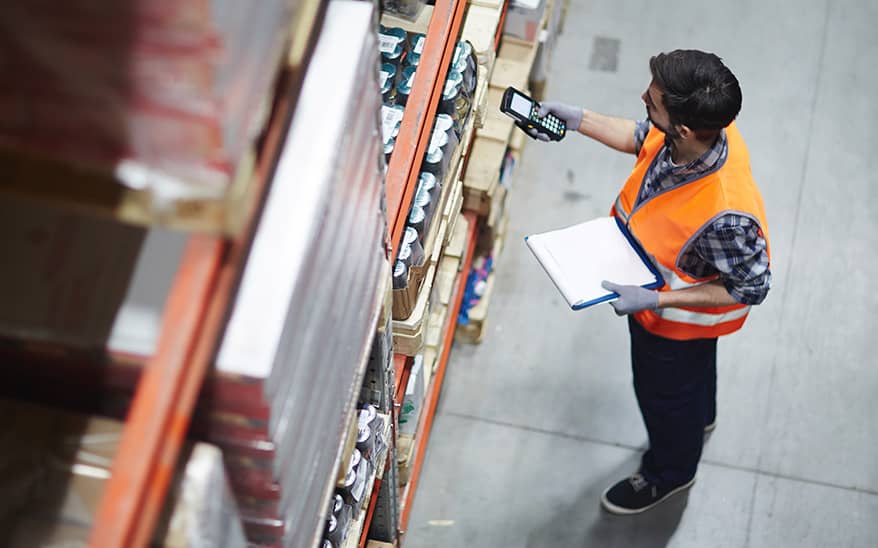Are you a smart, sustainable-thinking CEO?

CEOs across multiple sectors are increasingly viewing the sustainability challenges their organisations face as business opportunities – and, from my perspective, it’s great to witness.
Gartner research released at the start of June shows 69% of CEOs – from a survey of 400 senior business executives across North America, Europe, Asia/Pacific, Latin America, the Middle East and South Africa – view sustainability as a leading business growth opportunity in 2024. Sustainability consistently remains a top ten business priority, according to the report.
When I launched Green Retail World in 2020, I don’t think this would have been the case. The type of summary I got from CEOs when asking them about sustainability strategy was that reporting on emissions, switching to renewable energy in their operations, and changing their processes through the supply chain was some kind of penance they were being pressurised to go through for unclear gain.
There were some exceptions, of course, including Mamas and Papas CEO Nathan Williams who shaped the baby products retailer’s post-administration turnaround strategy on being a more environmentally and socially-conscious organisation. It was also around that time UK tech retailer Currys put the building blocks in place for a more prominent electricals recycling operation which is now run from a state-of-the-art repair centre in the east midlands and overseen by forward-thinking COO Lindsay Haselhurst.
But the general mood in the corporate world was quite negative around what sustainability meant for business.
Similar to how consumers often inaccurately assume they need to pay a lot more for sustainable products, business leaders were under the impression that anything focusing on environmental welfare was going to be expensive.
The Gartner study suggests an encouraging change of perception.
Survey respondents were asked the top ways they are using environmental sustainability to drive business growth, and the most popular response was “sustainable products and services” (33%). I expect this is recognition of the fact consumers and organisations are increasingly keen to do business with those that are environmentally-conscious.
In European retail, for example, the likes of re-commerce, renting rather than buying, and repairing goods are becoming more popular pursuits. Retailers are realising that offering these more circular propositions can make them money, as well as reducing demand for production of new materials and waste.
PO.P, a Scandi-childrenswear brand, is aiming to make 30% of its revenues from second-hand goods in the coming years. It is putting processes in place to incentivise consumers to return PO.P items when they no longer need them before getting them back into circulation as part of the vibrant pre-loved market.
Premium department store Selfridges giving garment repair company SOJO a permanent place in its London Oxford Street store provides more evidence that consumers are increasingly willing to pay for repair rather than discarding and replacing their clothing and accessories when something goes wrong.
That’s just the tip of the iceberg in terms of where sustainability strategy provides business opportunity. General merchandise retailer The Range putting solar panels on its UK warehouses and redirecting the energy it doesn’t need back to the grid is proving to be a money saver for the business, while regional grocery chain Southern Co-op says its circa £200,000 investment to retrofit thermal night blinds on chillers in 46 stores last year to save energy is expected to have a pay-back period of only two years.
The aforementioned Currys, meanwhile, said last year that recycling electricals through collections in its stores – combined with a more comprehensive process for managing returns and faulty goods – has helped realise savings benefits in spare parts to the tune of around £6 million.
Kristin Moyer, distinguished VP analyst at Gartner, says digital technology can speed up the progress towards corporate sustainability goals, supporting new business goals and revenue streams.
“As CEOs reset their long-term strategies, environmental sustainability remains one of the leading factors that will frame competition,” she adds.
“Despite much corporate greenwash, recent economic conditions could have triggered a reversion to environmental, social and governance cynicism and a refocus on profit at all costs. However, the overall commitment of CEOs appears unwavering.”
Moyer continues: “Leaders and investors know environmentally cavalier corporate behaviour is a mid- to long-term risk to business results, with a big price to be paid when environmental factors are ignored as externalities. However, smart CEOs realise big sustainability challenges create new areas of business opportunity.”
I guess when it comes to sustainability strategy in business, you could ask CEOs: are you smart enough to see the wood for the trees?





